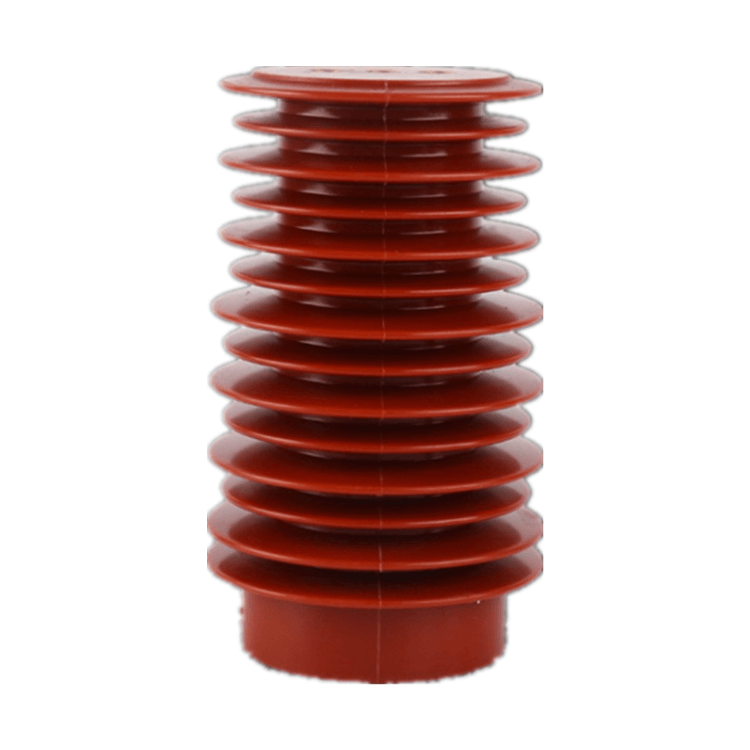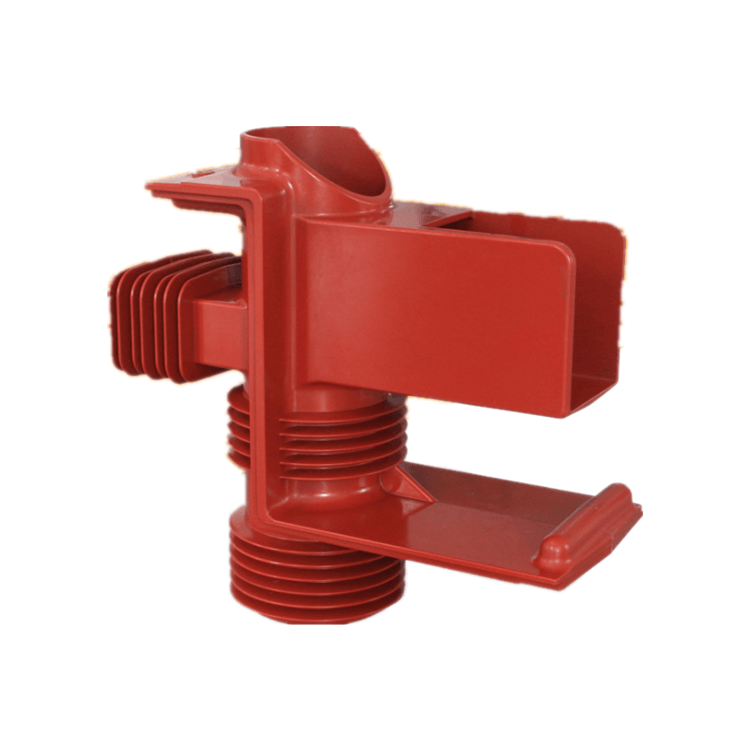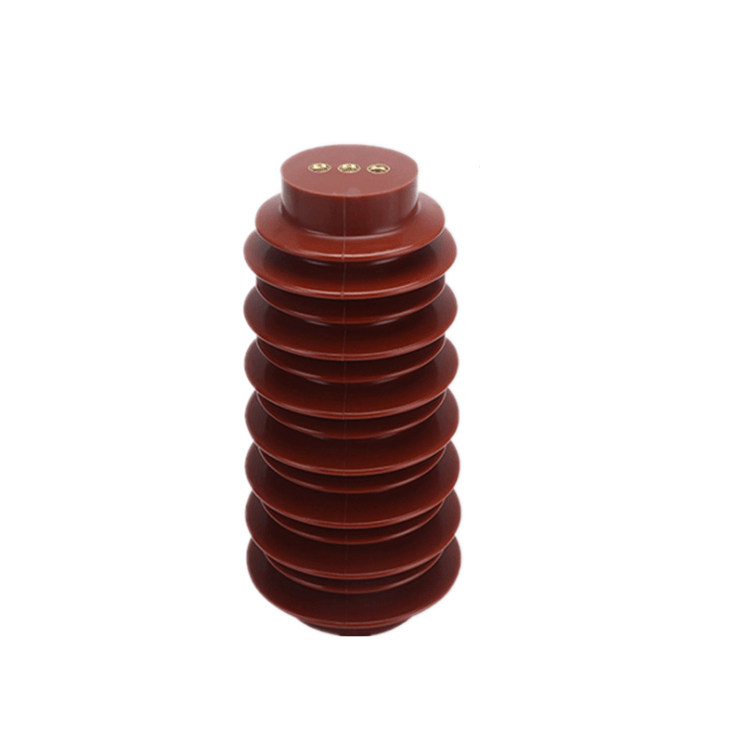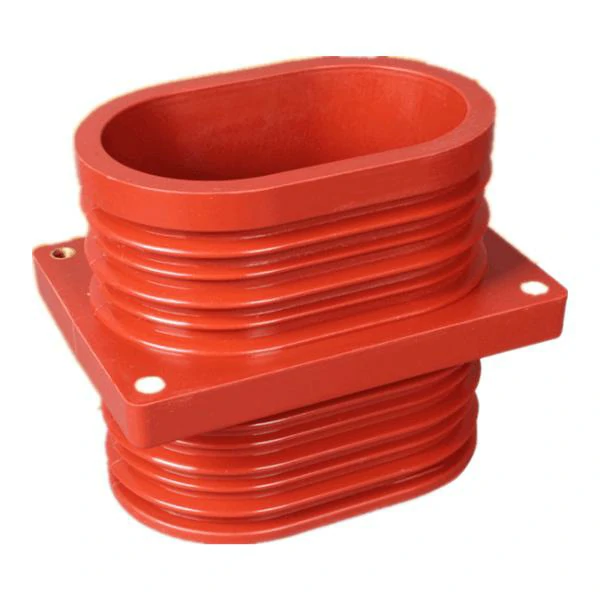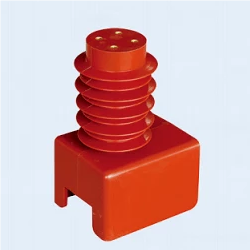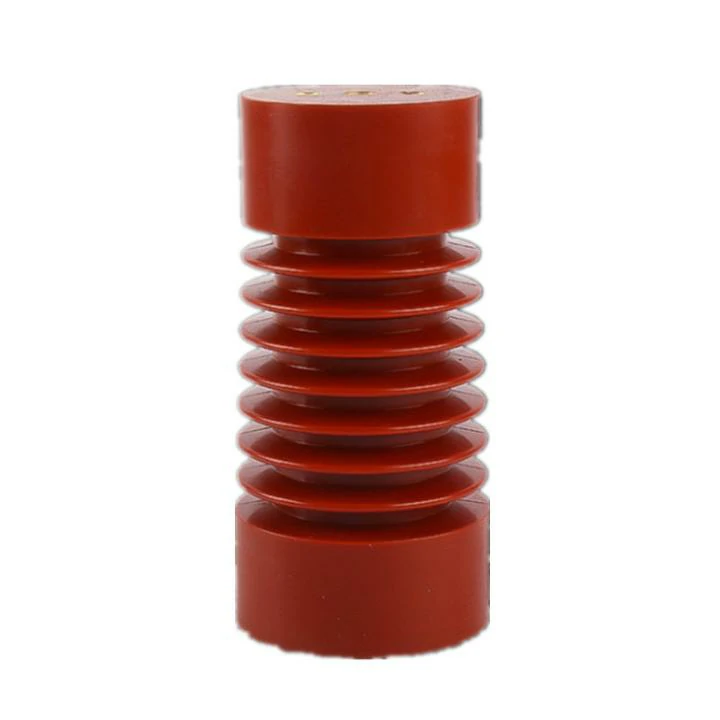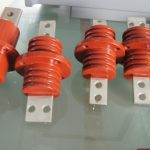The Purpose of Epoxy Insulators in Electrical Systems
Introduction
Epoxy insulators play a pivotal role in ensuring the safety and reliability of electrical systems. These specialized insulators are used in various applications, ranging from power transmission and distribution to electronics and telecommunications. In this comprehensive article, we will delve into the multifaceted purpose of epoxy insulators, exploring their essential functions, properties, and the diverse sectors where they find application.
Understanding Epoxy Insulators
What are Epoxy Insulators?
Epoxy insulators are electrical insulating materials made from epoxy resin, a thermosetting polymer that offers excellent electrical insulation properties and high mechanical strength. These insulators come in various forms, including solid, molded, and cast epoxy insulators, which are tailored to suit the specific requirements of different applications.
The Purpose of Epoxy Insulators
Epoxy insulators serve a range of crucial purposes in electrical systems:
1. Electrical Insulation
The primary purpose of epoxy insulators is to provide electrical insulation. They act as barriers between conductive components, preventing electrical current from passing through unintended paths. Epoxy’s high dielectric strength makes it an ideal choice for this purpose.
2. Voltage Endurance
Epoxy insulators exhibit remarkable voltage endurance capabilities. They can withstand high voltage levels without breakdown or flashover. This is essential in power transmission and distribution systems, where voltage levels can be extremely high.
3. Mechanical Support
In addition to their electrical insulation properties, epoxy insulators also offer mechanical support to conductors, connectors, and other electrical components. They are designed to withstand the mechanical stresses associated with various applications, ensuring the integrity of the entire system.
4. Environmental Resistance
Epoxy insulators are known for their resistance to environmental factors. They are capable of withstanding UV radiation, moisture, pollution, and other adverse conditions. This resilience is critical for outdoor applications, such as overhead power lines and substations.
5. Chemical Resistance
Epoxy insulators are chemically inert and do not easily degrade when exposed to chemicals or contaminants. This makes them suitable for use in industries where exposure to corrosive substances is a concern.
6. Lightweight Design
Epoxy insulators are considerably lighter than traditional insulators made of materials like porcelain or glass. This characteristic simplifies installation and reduces the structural load on supporting systems, such as utility poles and towers.
7. Long Service Life
Epoxy insulators have a long service life, often exceeding that of alternative materials. Their durability and resistance to degradation ensure a prolonged operational lifespan, reducing maintenance requirements and costs.
8. Fire Resistance
Epoxy resins used in insulators have fire-resistant properties, which are crucial in applications where fire safety is a concern, such as within power distribution substations.
Applications of Epoxy Insulators
Epoxy insulators find applications in various sectors:
1. Power Transmission and Distribution
In the electrical power industry, epoxy insulators are commonly used in high-voltage transmission lines, distribution substations, and other critical infrastructure. Their ability to provide both electrical insulation and mechanical support makes them indispensable in these applications.
2. Electronics
Epoxy insulators are employed in electronic devices and components to insulate and protect sensitive circuitry. Their compact size and excellent insulating properties make them ideal for miniaturized applications.
3. Telecommunications
In the field of telecommunications, epoxy insulators are utilized to insulate and support components such as antennas, connectors, and waveguides. Their resistance to environmental factors ensures reliable performance in diverse conditions.
4. Transportation
Epoxy insulators are used in various transportation systems, including trains and trams, to insulate and support electrical components. Their lightweight design is advantageous in these applications, where weight constraints are significant.
5. Renewable Energy
With the growing focus on renewable energy sources, epoxy insulators are playing a vital role in solar and wind power systems. They help maintain electrical integrity in the face of environmental challenges.
Conclusion
Epoxy insulators are essential components in modern electrical systems, offering a combination of electrical insulation, mechanical support, and environmental resistance. Their diverse applications encompass power transmission, electronics, telecommunications, transportation, and renewable energy. Understanding the purpose and properties of epoxy insulators is crucial for ensuring the continued safety and reliability of these critical systems. As technology advances and new challenges arise, epoxy insulators will continue to play a central role in the evolution of electrical engineering and its various applications.




